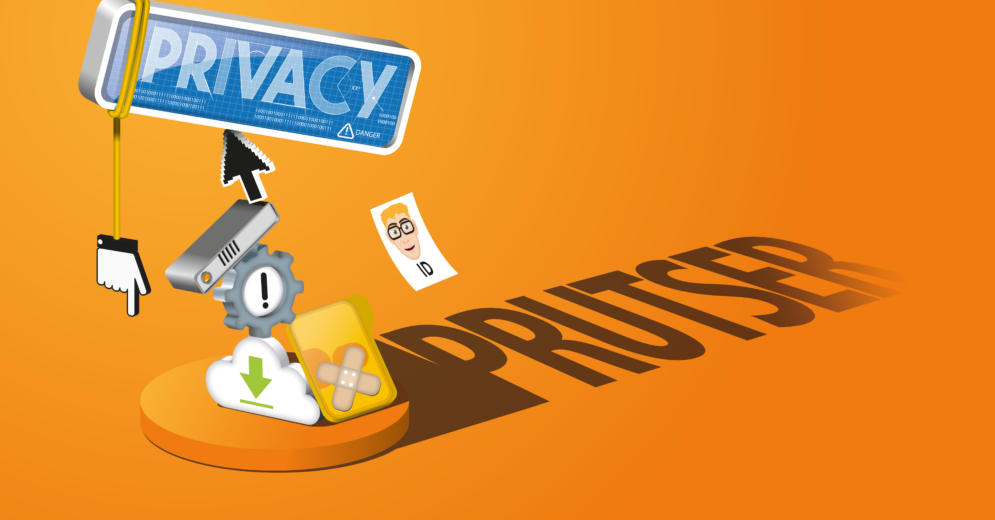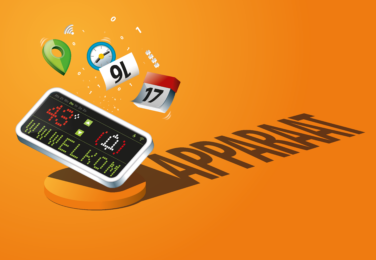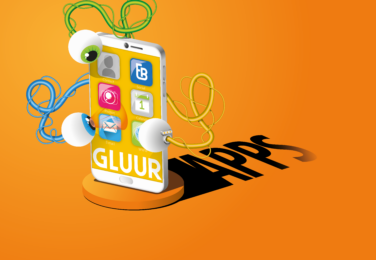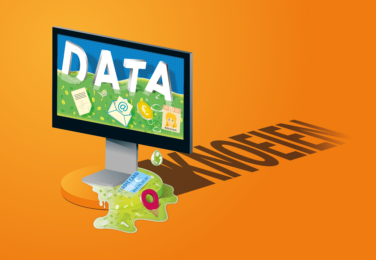
Privacy by design
You collect data for your research or for your work. A name here, an address there. But do you really need all that data? And does everyone know what you are using it for? After all, at first sight it appears to be harmless data, not interconnected in any way. However, a combination of all this data can quickly develop into a very attractive target.
Prevent privacy bungling.
Prevent data breaches by collecting only necessary data
Often we collect data because it's convenient. But why fill in your home address when you buy a digital product? And is it really necessary for your gym to know your nationality?
For research or work, it is important that you collect enough data to do reliable research, or do your job properly. Thinking carefully about how much personal data you need also helps you.
It makes you less likely to lose or inadvertently disclose data. It makes your data set more manageable, and you need fewer resources to store data. If you receive a request for access, or a request to delete data, you will find the data faster and be able to delete it faster. Being careful with personal data is appreciated by people because they see that you take their privacy seriously.
Our tips for not collecting too much data
When you collect data there are five questions to help you:
- How am I going to use this data?
- Does the owner of the data know I'm collecting it?
- Does the owner know why?
- Can I achieve the goal without this data?
- How long do I need this data for?
Sometimes you can substitute data collection. For example, are you required to record that someone has a valid ID? If so, don't make a copy of the ID, but store part of the document number.



